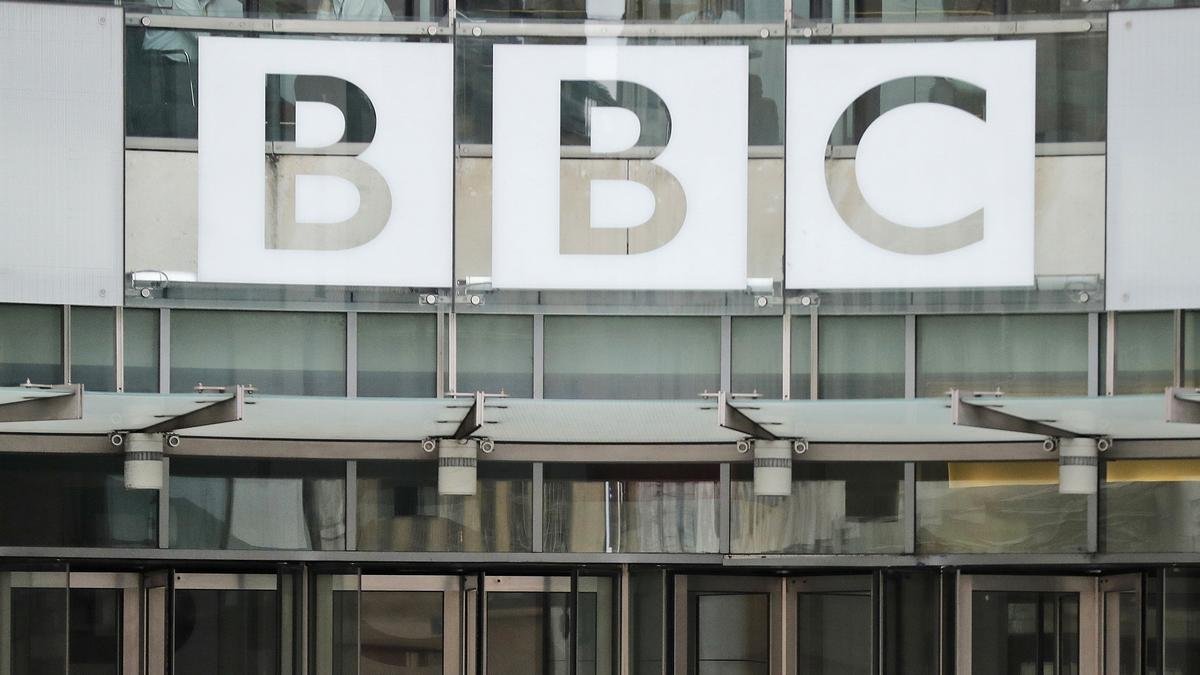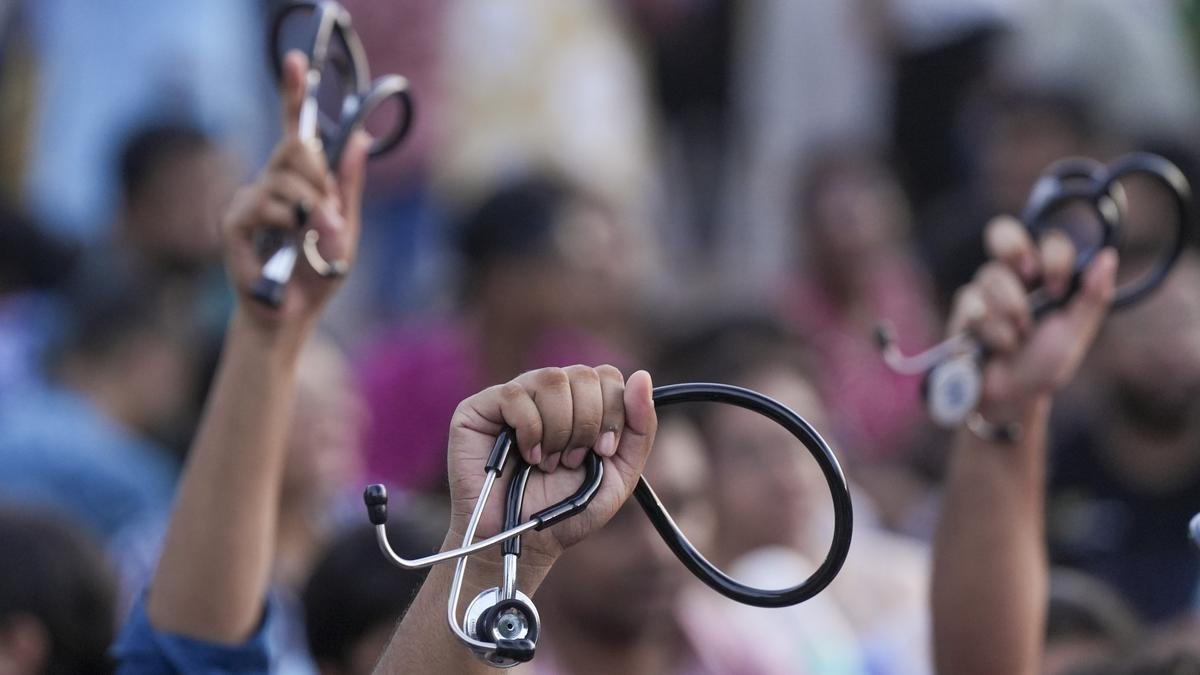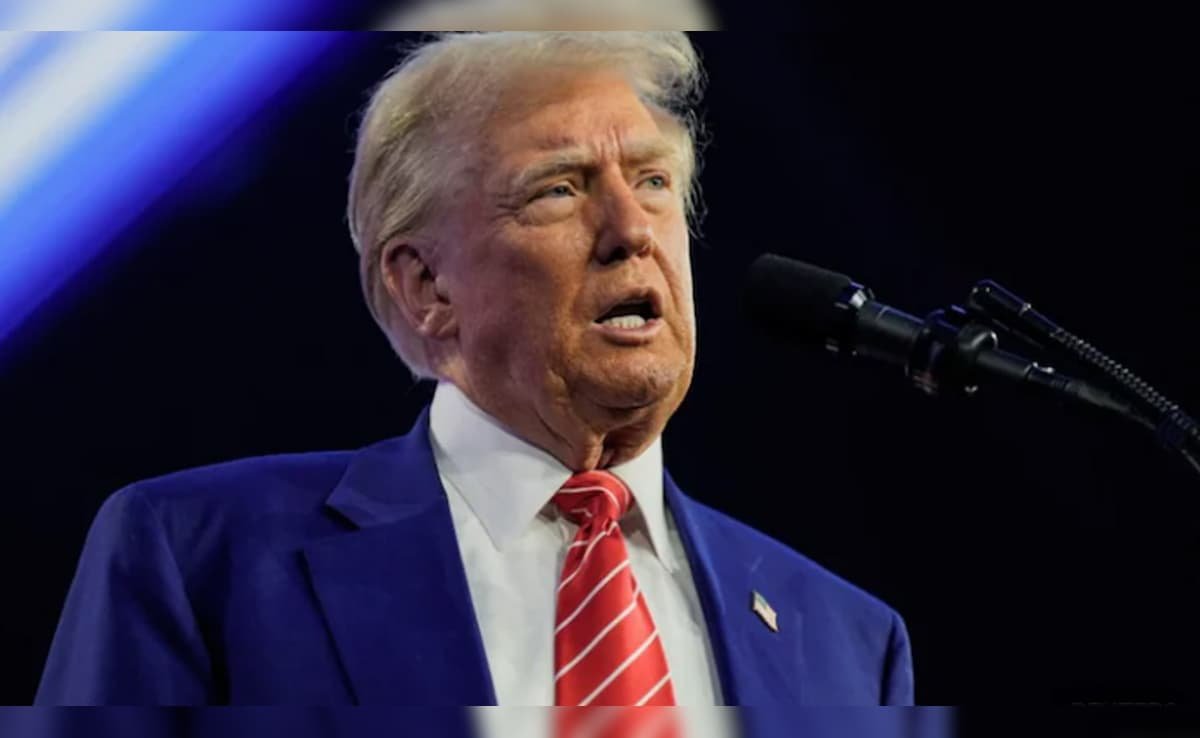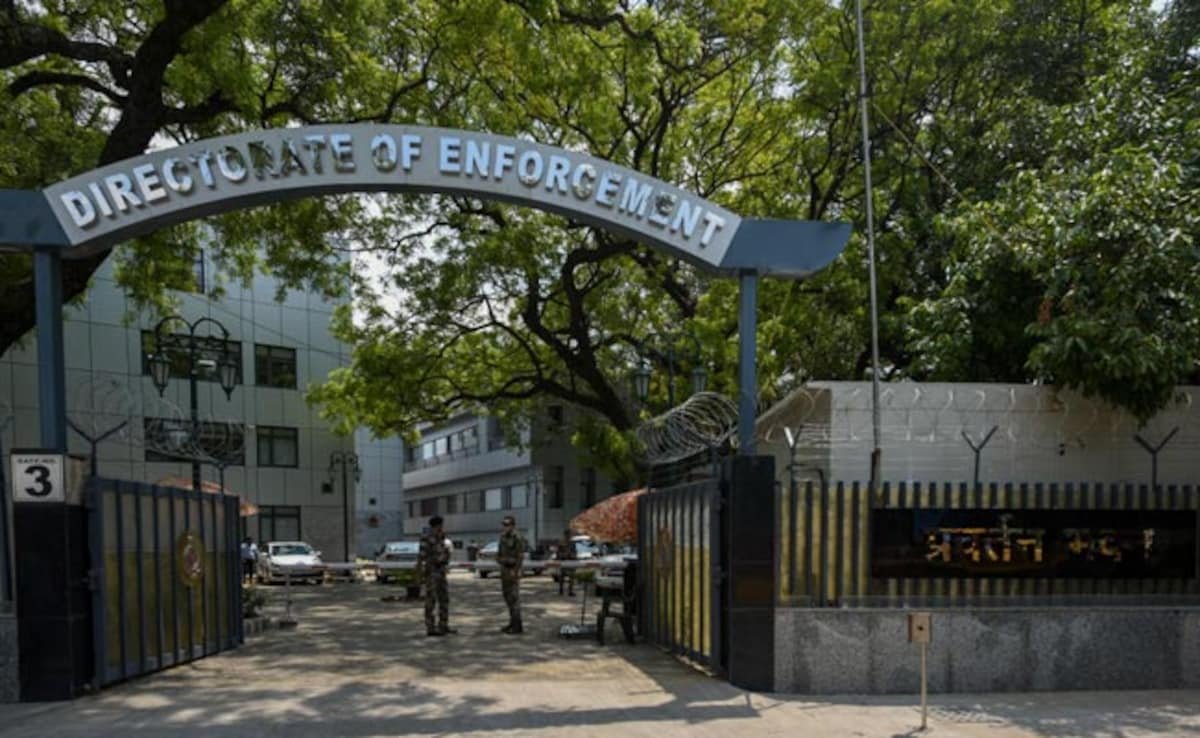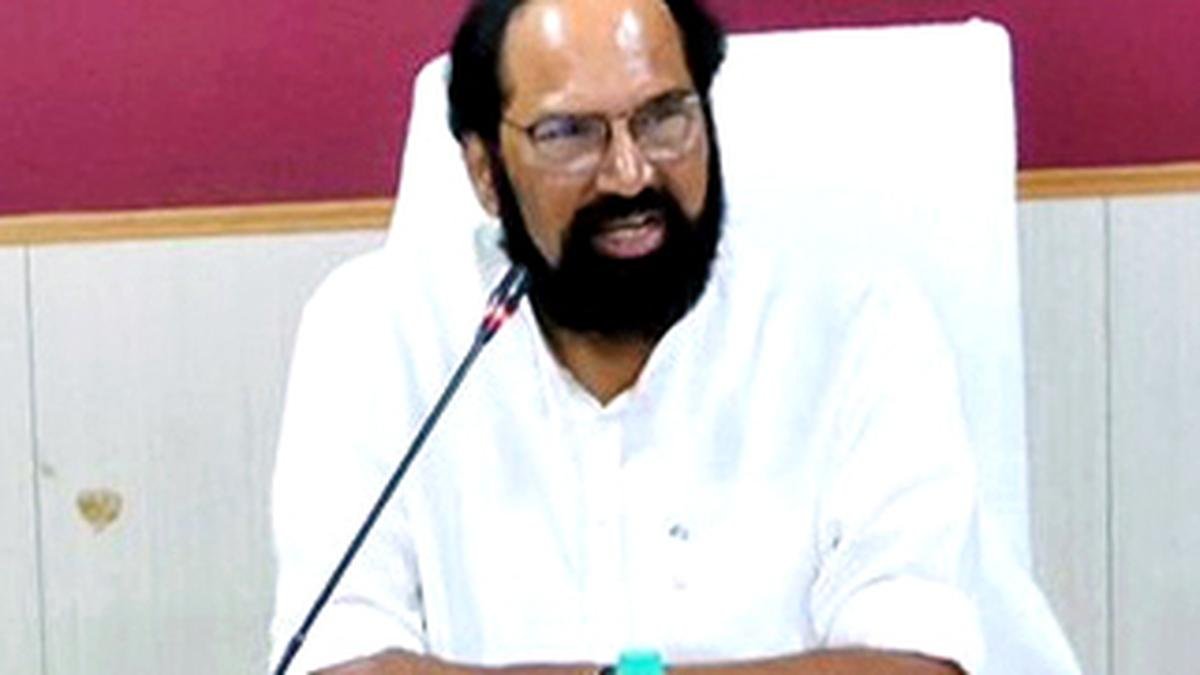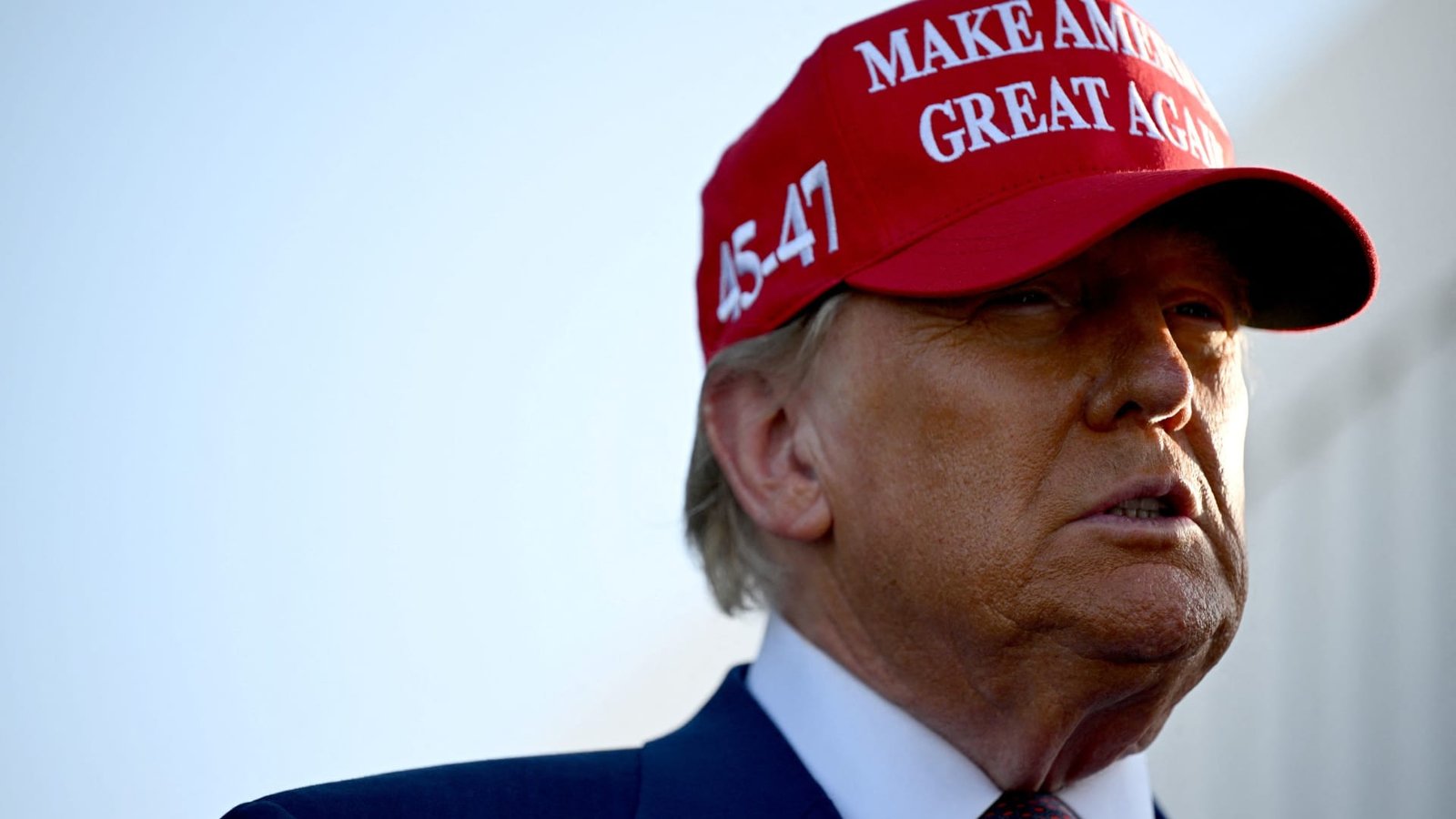The Supreme Court on Monday (October 21, 2024) fixed in the second week of January 2025 a challenge to the government’s decision to block the screening of a British Broadcasting Corporation (BBC) documentary series titled ‘India: The Modi Question’.
A Bench headed by Justice Sanjiv Khanna had issued formal notice to the Union of India through the Ministry of Information and Broadcasting, Twitter Communications India Private Limited and Google India Private Limited over a year ago, on February 3 last year. The court had listed the case in April then.

However, on Monday, Solicitor General Tushar Mehta, appearing for the government, said he had “just realised” that the Centre was yet to file its counter to the petitions filed by senior journalist N. Ram, Member of Parliament Mahua Moitra and advocate Prashant Bhushan.
The petitions had highlighted the citizens’ “fundamental right to view, form an informed opinion, critique, report on and lawfully circulate the contents of the documentary as right to freedom of speech and expression incorporates the right to receive and disseminate information”.
Appearing for the petitioners, senior advocate CU Singh, strongly objected to the government’s lapse in filing its counter even as Mr. Mehta sought more time to file its response.
Mr. Singh said the court need not wait for the government reply as the case concerned a “take-down” order against the documentary.
Justice Khanna said the court wanted the benefit of the government’s response and gave the Centre three weeks to file its counter and two weeks for the petitioners to file their rejoinder, if any.
“The timelines must be adhered [by the parties],” Justice Khanna observed.
The judge orally remarked that this was a matter which required consideration and cannot be disposed of in 10 minutes.
The documentary is believed to be critical of the role of then Gujarat Chief Minister Narendra Modi in the 2002 riots. Mr. Modi is currently Prime Minister of India.
In the hearing in February 2023, Mr. Singh cited instances “where officials more loyal than the king,” blocked screening in university campuses and even rusticated students for watching the film.
The students of Rajasthan Central University in Ajmer were suspended for watching the film. The Jawaharlal Nehru University administration had issued an advisory to cancel a screening to maintain “peace and harmony” in the campus. The petitioners referred to reports about detention of students and presence of riot police at Jamia Milia Islamia campus in Delhi.
The petition filed by Mr. Ram and others argue that the Ministry, under Rule 16(3) of the Information Technology Rules of 2021 and Section 69(A) of the Information Technology Act 2000, had sent a legal request to Twitter India to block 50 tweets concerning and even containing links to the documentary.
The tweets of Mr. Bhushan and Ms. Moitra was among those taken down. YouTube links of the video were blocked, the petition had said.
The petitioners referred to reports of how the series was reported to be critical about Prime Minister Narendra Modi in connection with the 2002 riots. Mr. Modi was Gujarat Chief Minister at the time of the violence in the State.
The petition noted that Kanchan Gupta, senior advisor of the Ministry, had tweeted that the documentary was blocked on YouTube and Twitter following the orders of the Secretary of the Ministry on January 20 under emergency powers in the Information Technology (Intermediary Guidelines and Digital Media Ethics Code) Rules 2021.

“The contents of the BBC documentary and tweets of Moitra and Bhushan are protected under Article 19(1)(a) of the Constitution. The contents of the documentary series do not fall under any restriction on free speech or restrictions imposed under Section 69A of the IT Act,” the petition said.
It referred to apex court judgments which had held that the right of a filmmaker to make and exhibit his film was part of his fundamental right of freedom of speech and expression.
Petitioners have submitted that censoring free speech through opaque orders was manifestly arbitrary and curtailed the fundamental right to seek judicial review.
Published – October 21, 2024 03:22 pm IST

